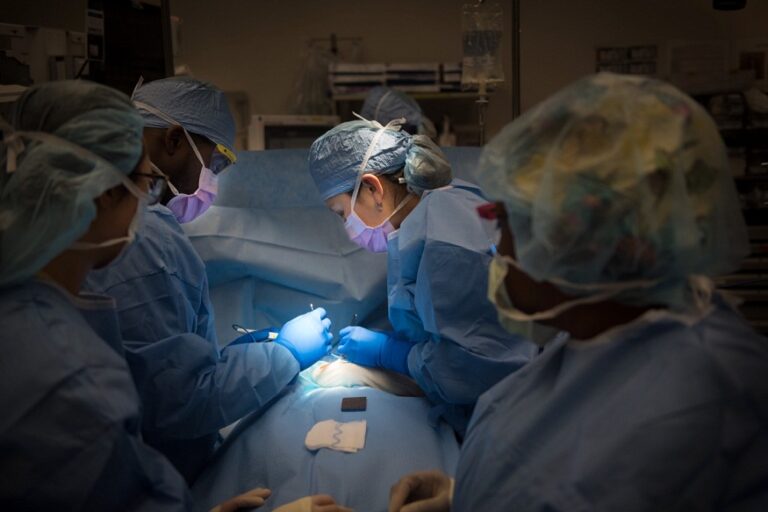Testosterone is a sex hormone that plays a vital role in the body. In men, testosterone is known to regulate sex drive or libido, fat distribution, bone mass, as well as muscle mass and strength. It may also impact the production of red blood cells and sperm. Experts at Evan Bass Men’s Clinic mention that a small amount of circulating testosterone is converted to estradiol, which is a form of estrogen. With age, men typically make less testosterone; as a result, they also produce less estradiol. Changes that are typically attributed to testosterone deficiency might be partly or entirely due to the accompanying decline in estradiol.
Evan Bass Men’s Clinic talks about how aging impacts testosterone levels
Testosterone is the hormone responsible for the development of sexual characteristics in men. These hormones can be considered to chemical messengers that trigger certain changes in the body. Females also produce testosterone, generally in smaller amounts.
In men, testosterone is thought to regulate a variety of functions alongside sperm production. These include:
- Physical Desires
- Bone mass
- Fat distribution
- Production of red blood cell
- Muscle size and strength
Experts at Evan Bass Men’s Clinic point out that testosteronehave an important role to play in the puberty of males, which is the time when a young person reaches sexual maturity and becomes able to reproduce. In the absence of adequate amounts of testosterone, men may become infertile. This happens because testosterone is needed for the development of mature sperm. Testosterone was first used as a clinical drug as early as 1937, but without much understanding of its mechanisms. However, today the hormone is widely prescribed to many men whose bodies naturally produce low levels.
Testosterone levels decrease naturally as a man ages. The impact of gradually lowering testosterone levels as men age has been receiving increasing attention with time. This is known as late-onset hypogonadism.
After the age of 40, the concentration of circulating testosterone typically falls by around 1.6 % each year for most men. By they reach 60, the low levels of testosterone can lead to a diagnosis of hypogonadism. Late-onset hypogonadism has become a recognized medical condition, even though many of its symptoms are associated with normal aging.
The symptoms of late-onset hypogonadism include:
- Mood changes
- Skin changes
- Decreased libido
- Decreased body hair
- Diminished erectile quality
- Reduced cognitive function
- Increase in abdominal fat mass
- Fatigue, depression, and anger
- A decrease in muscle mass and strength
- Reduced bone mass and bone mineral density
Late-onset hypogonadism has also been associated with sexual dysfunction, metabolic disease and cardiovascular disease.
The extent or degree to which testosterone levels typically decline would vary from one man to the other. Men should typically consider taking to their primary care doctor if they are worried about their sex drive or simply feel too tired or lethargic all the time, along with having any of the symptoms listed above. At times, it may feel embarrassing to talk about these problems. However, today there are several widely available treatment options to help men with low testosterone levels, and hence they shouldn’t hesitate to seek help when necessary.














+ There are no comments
Add yours